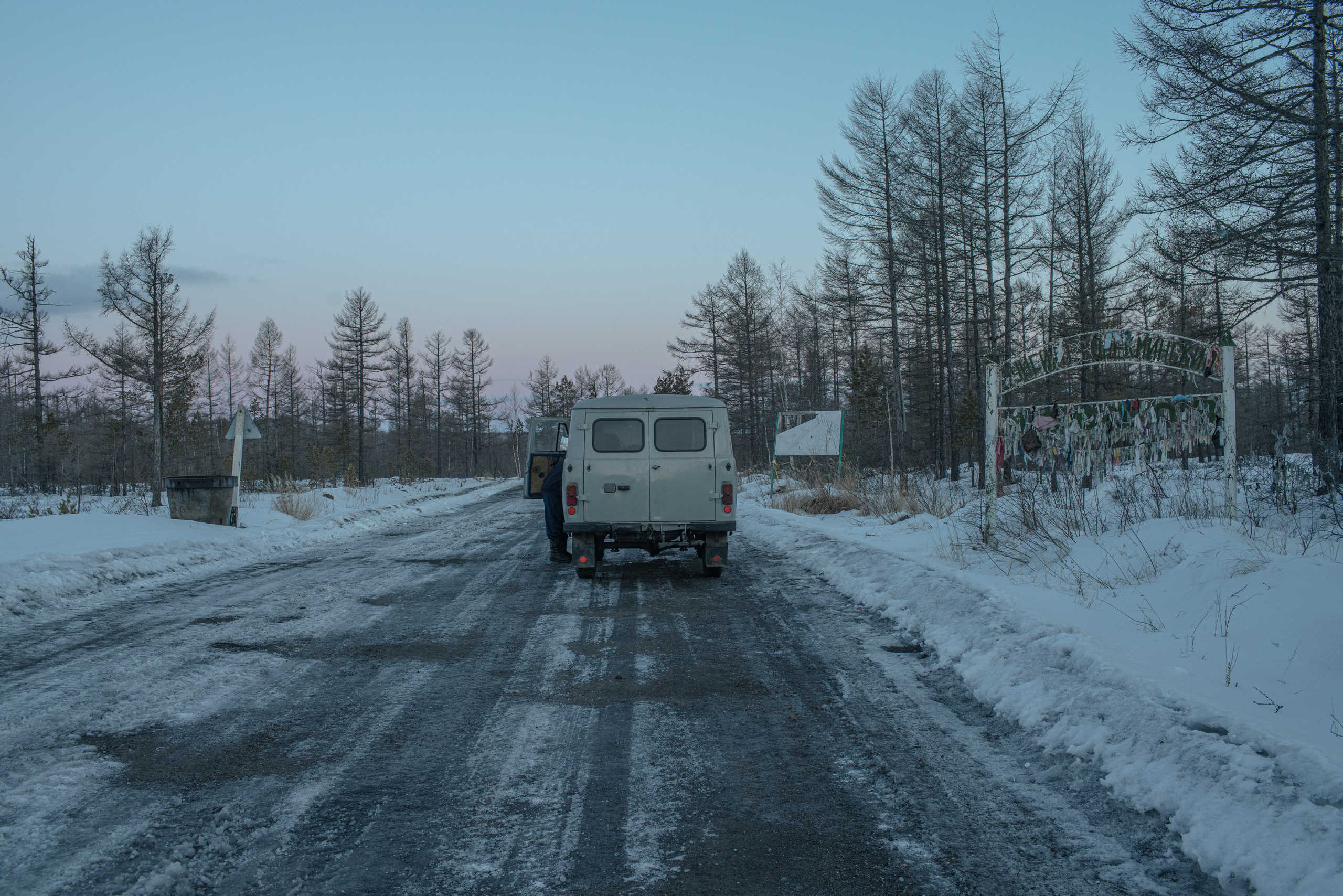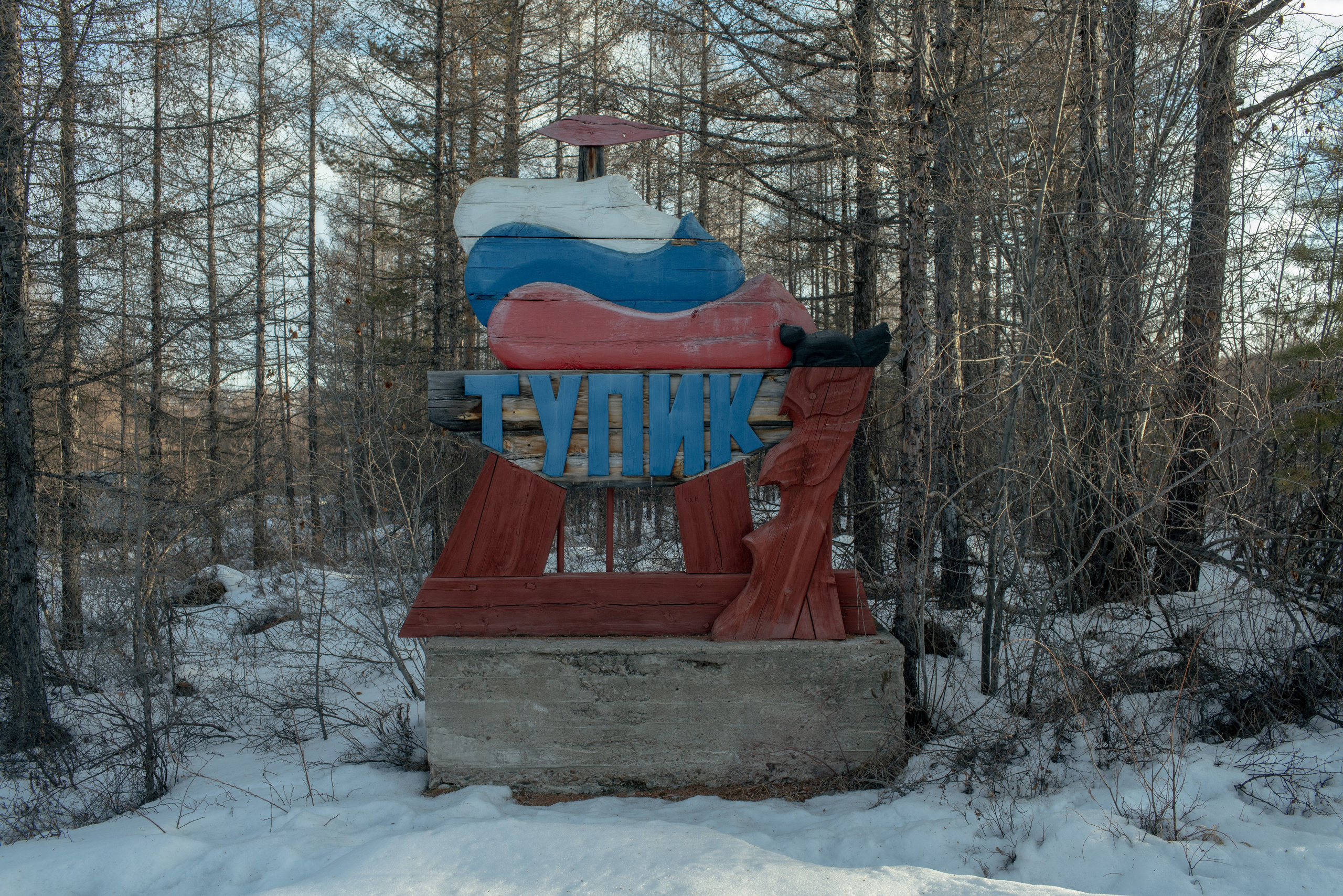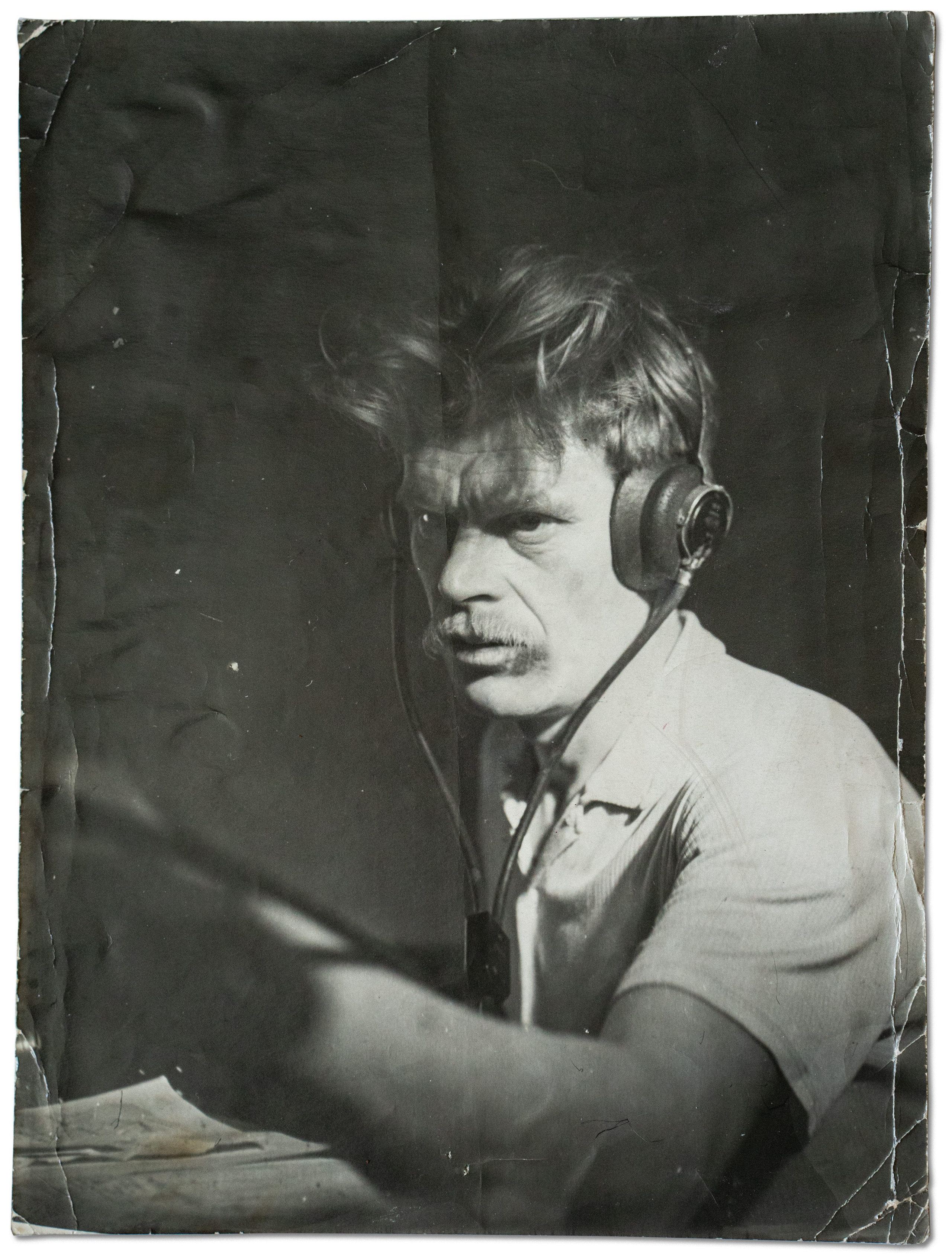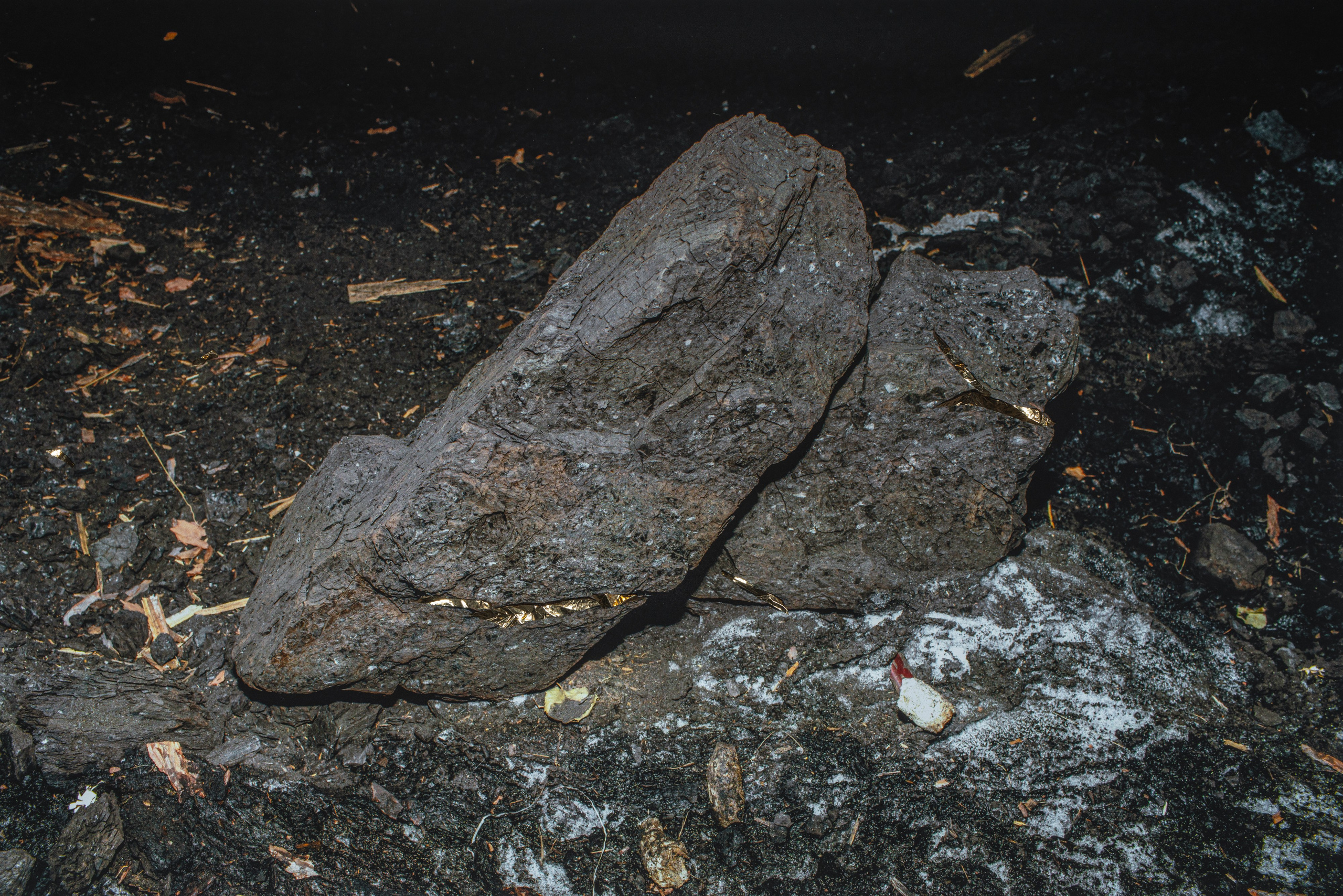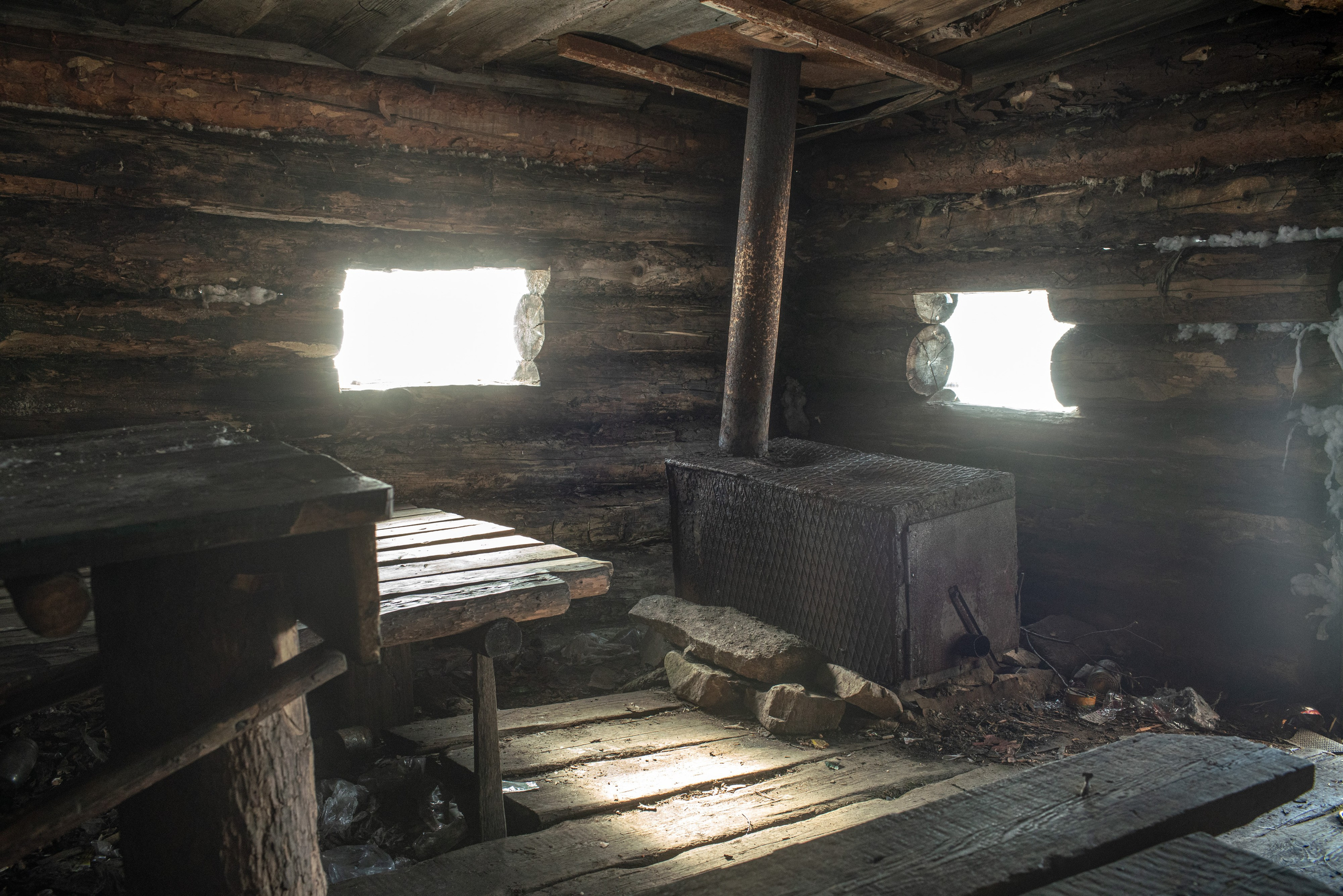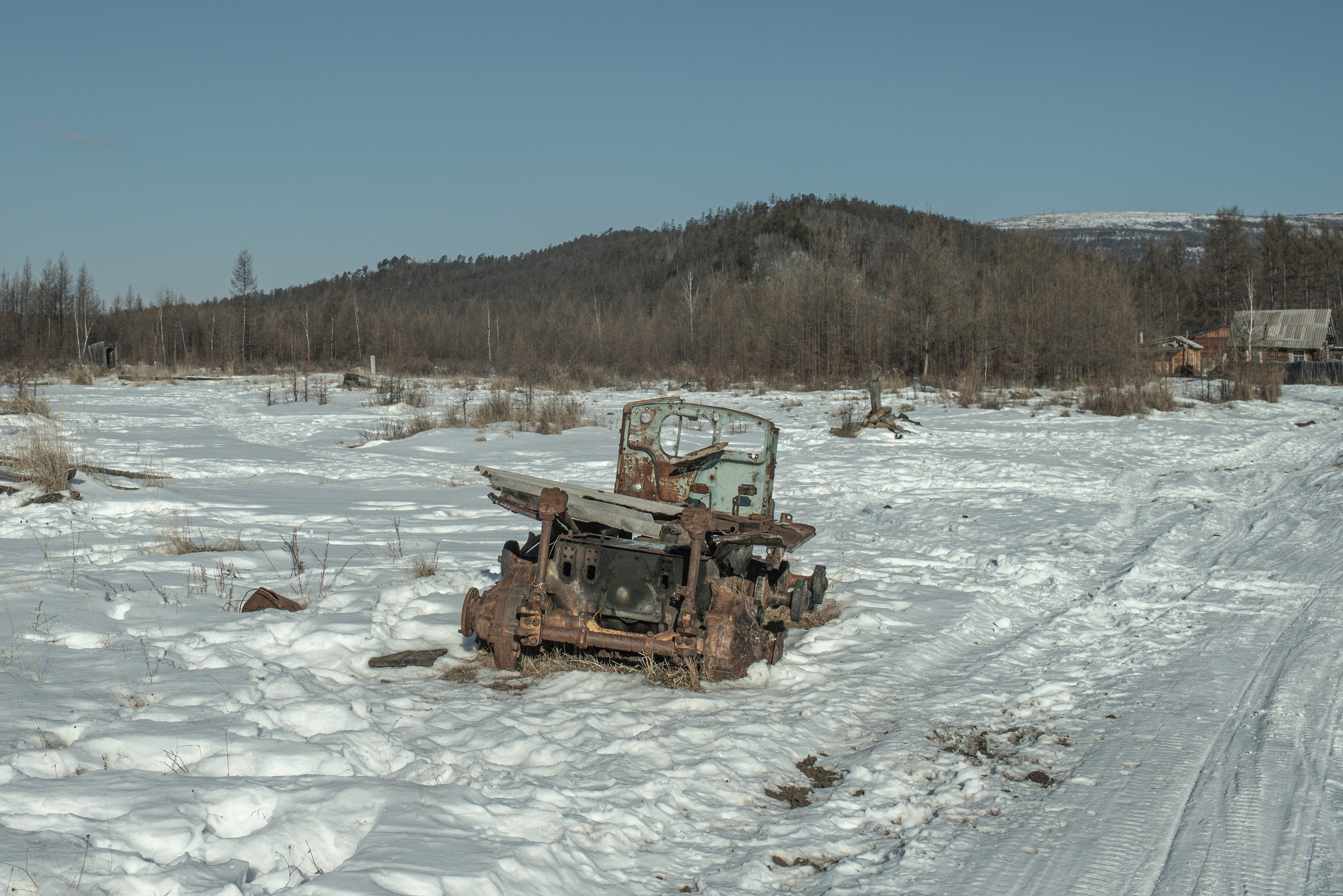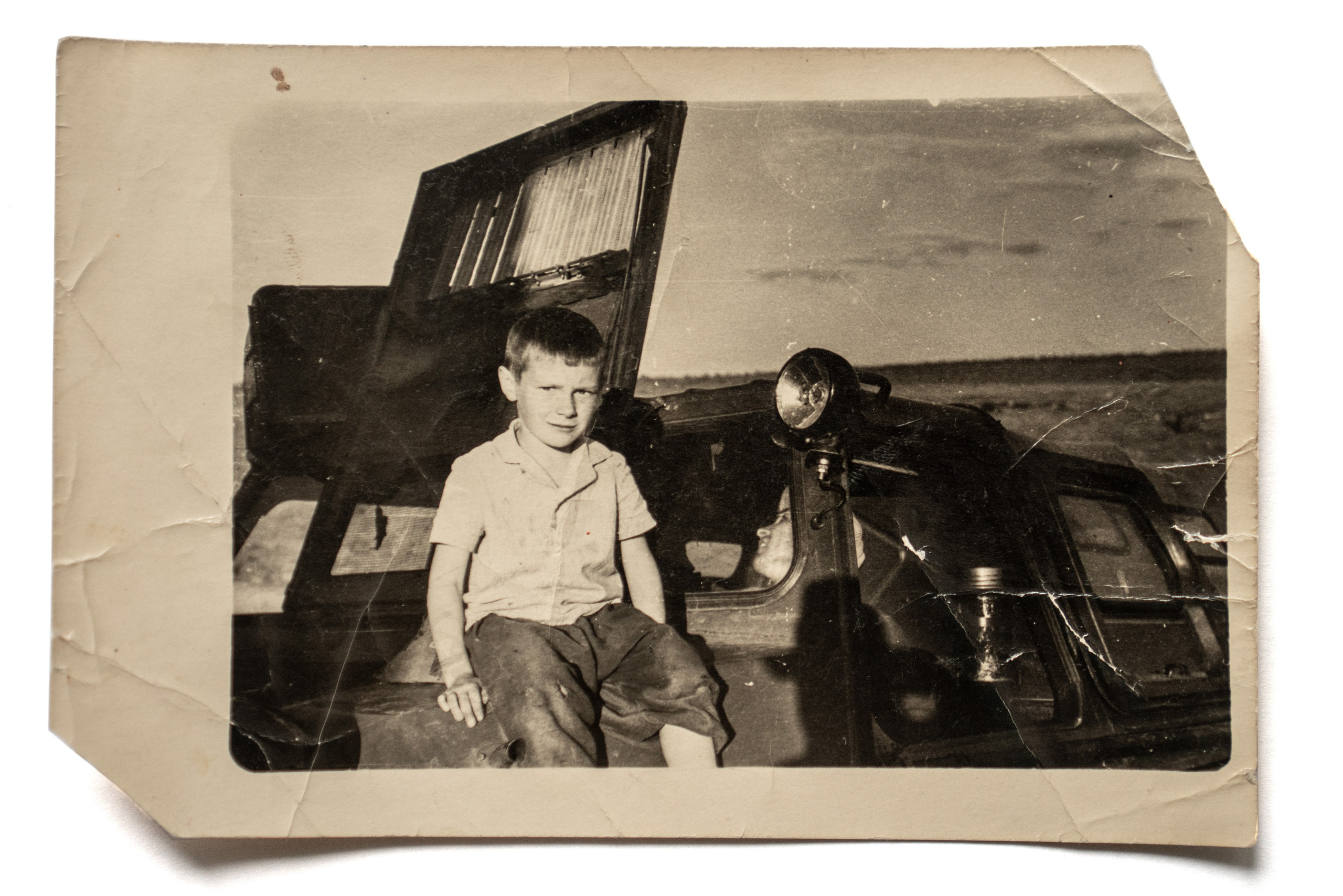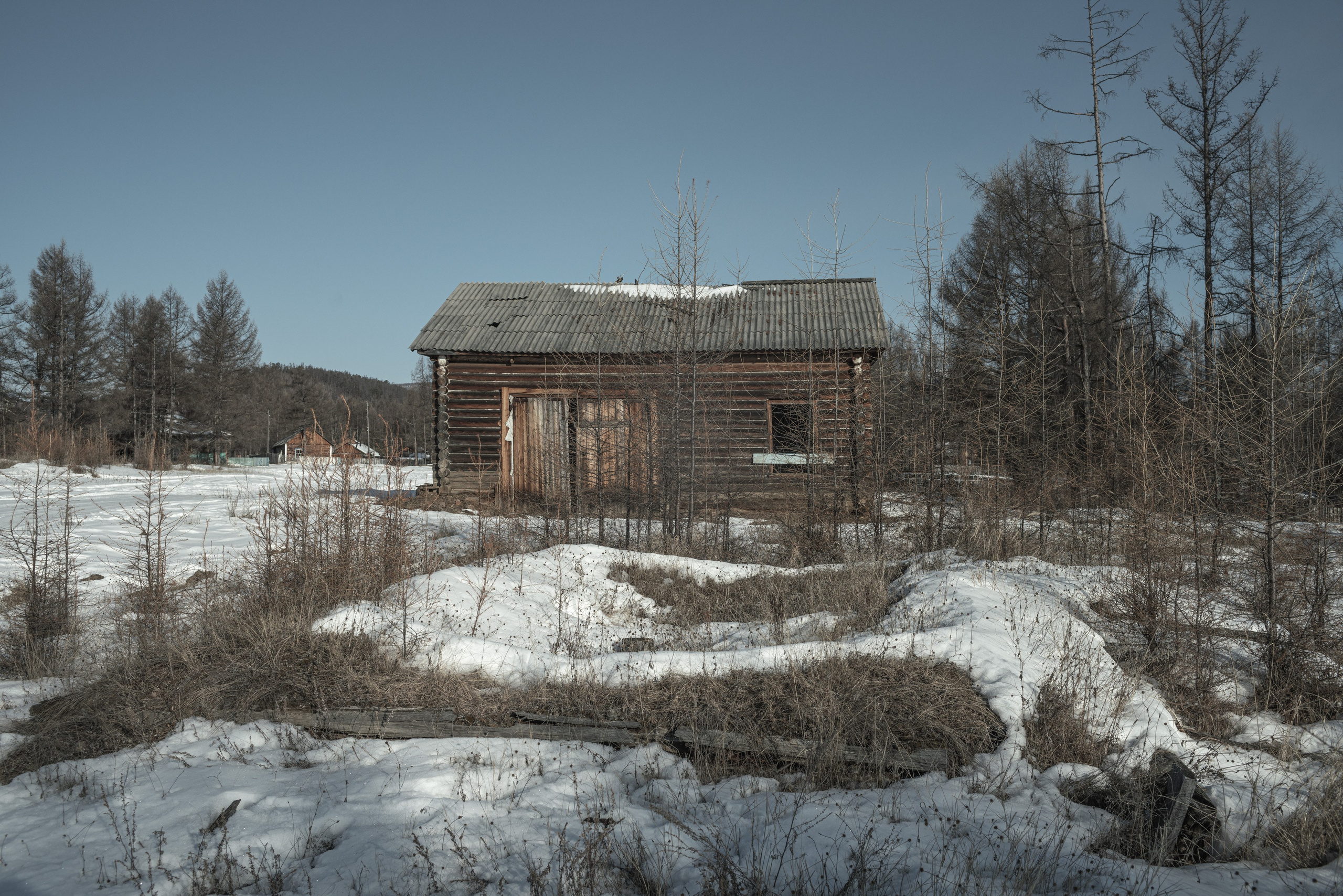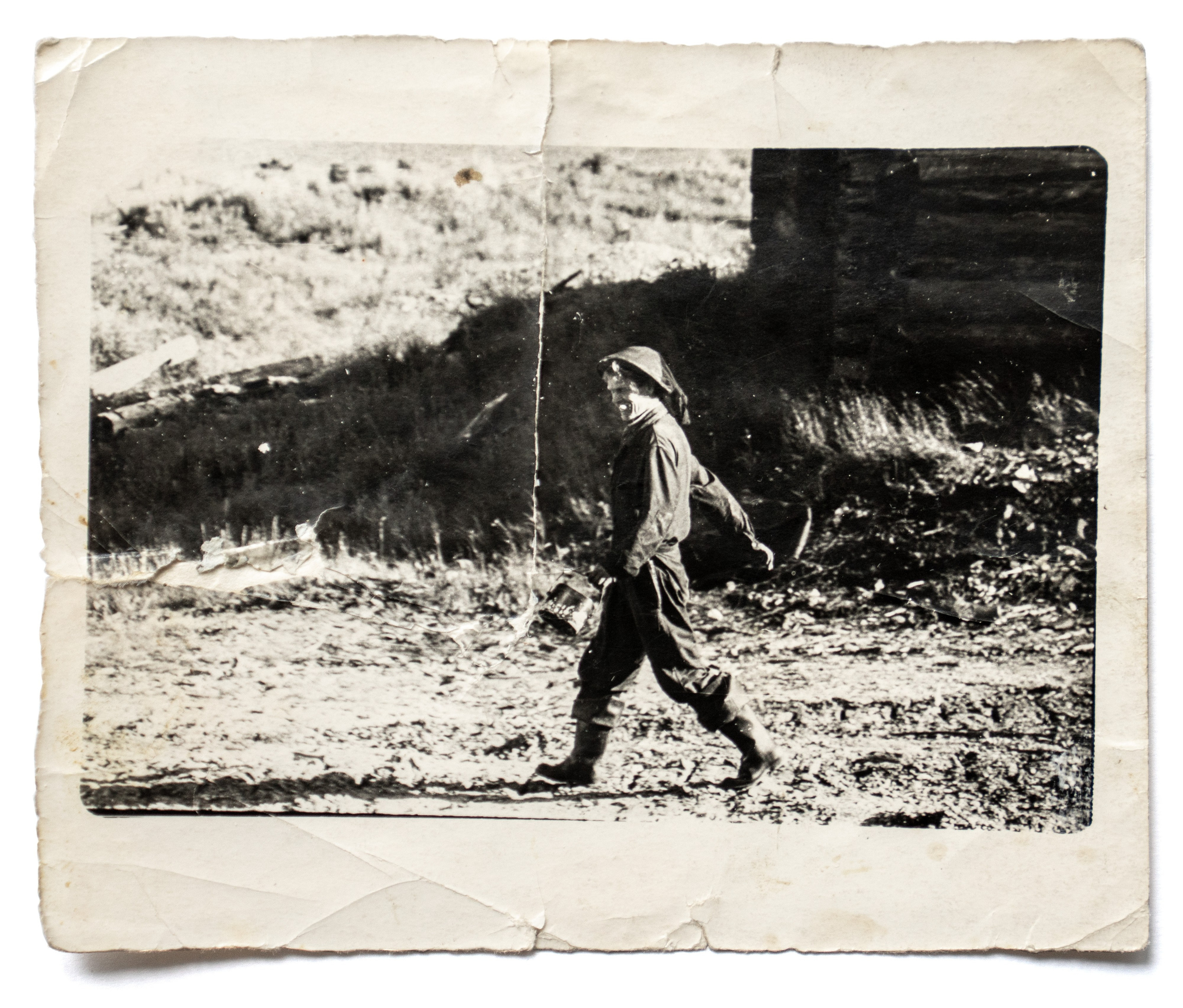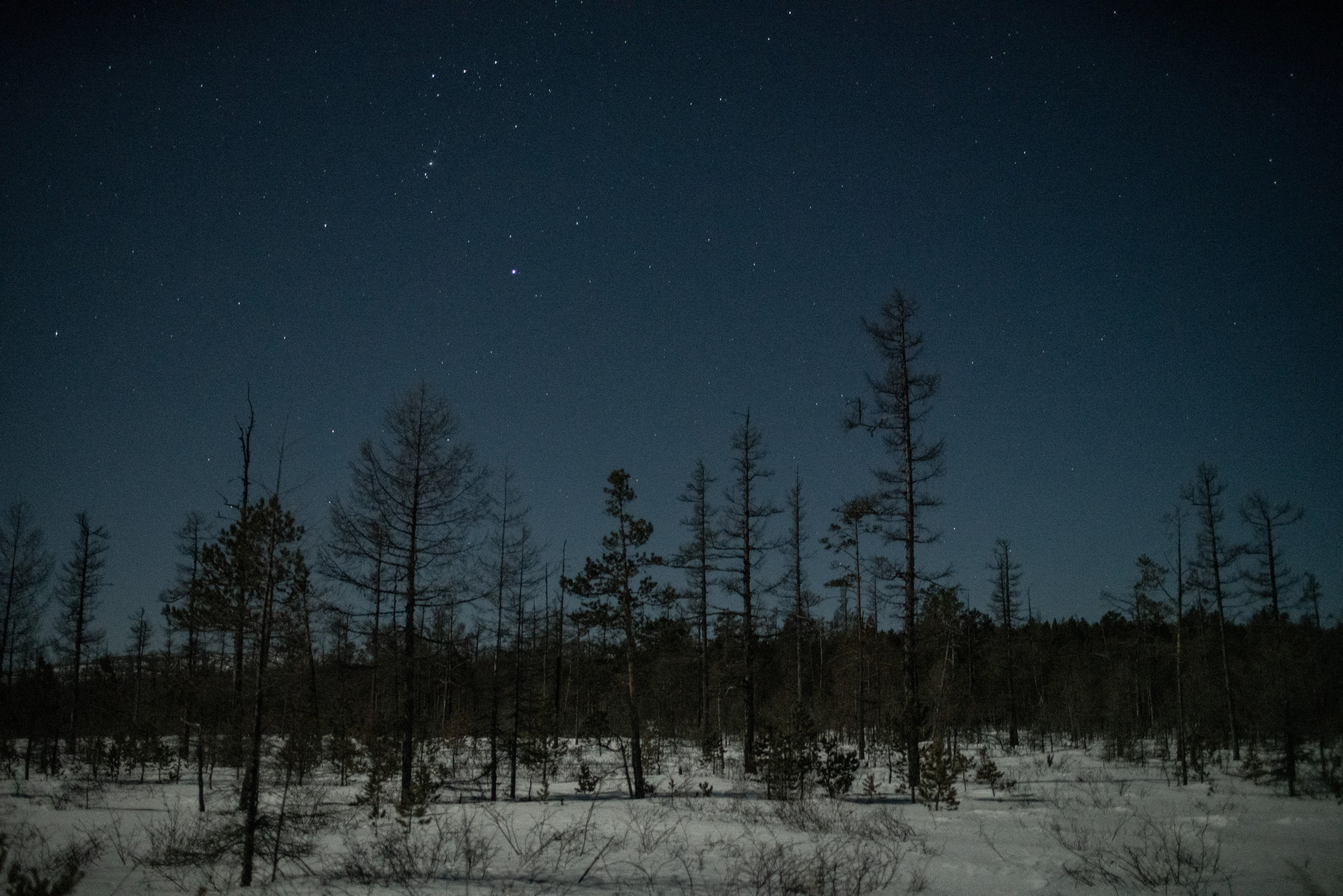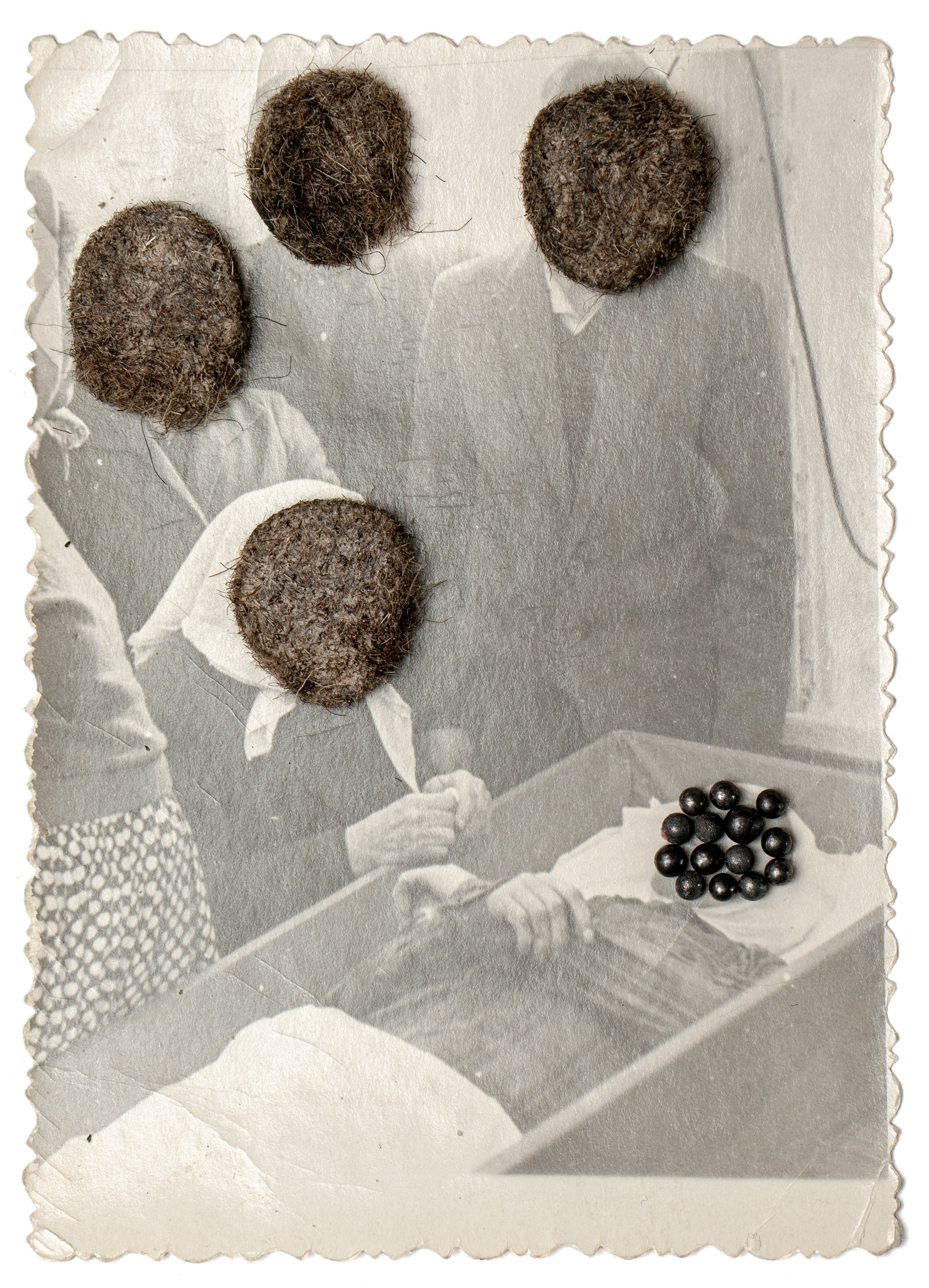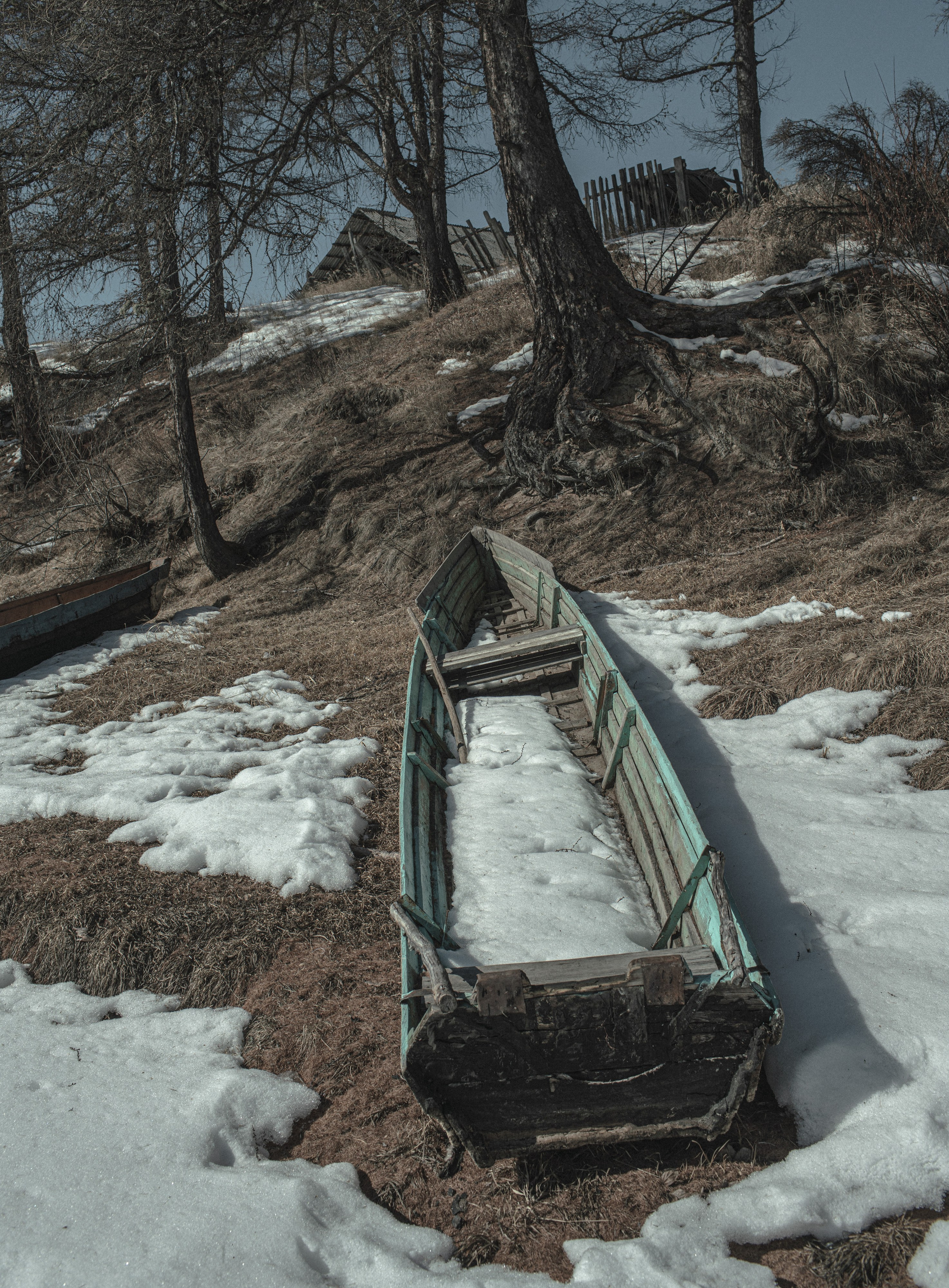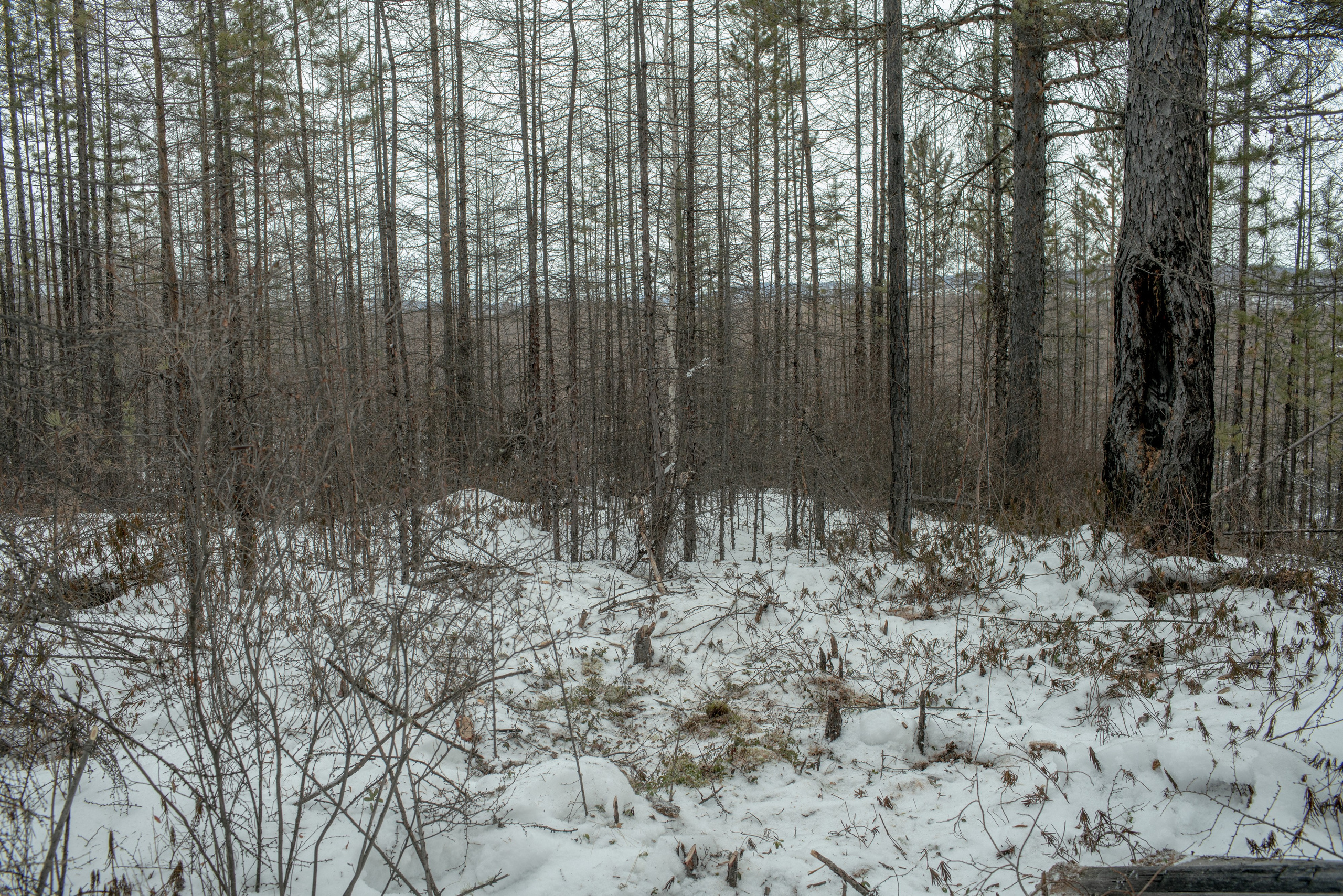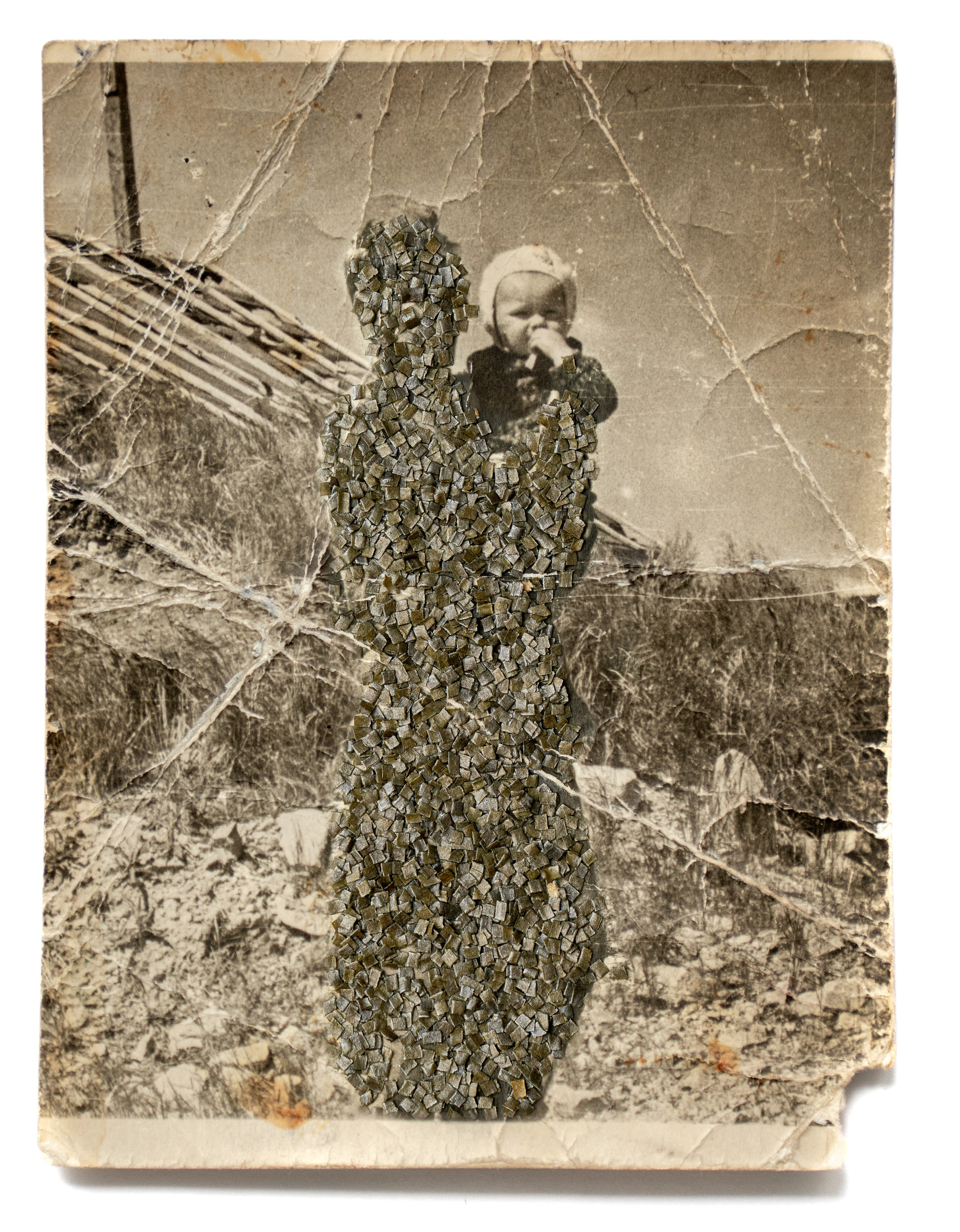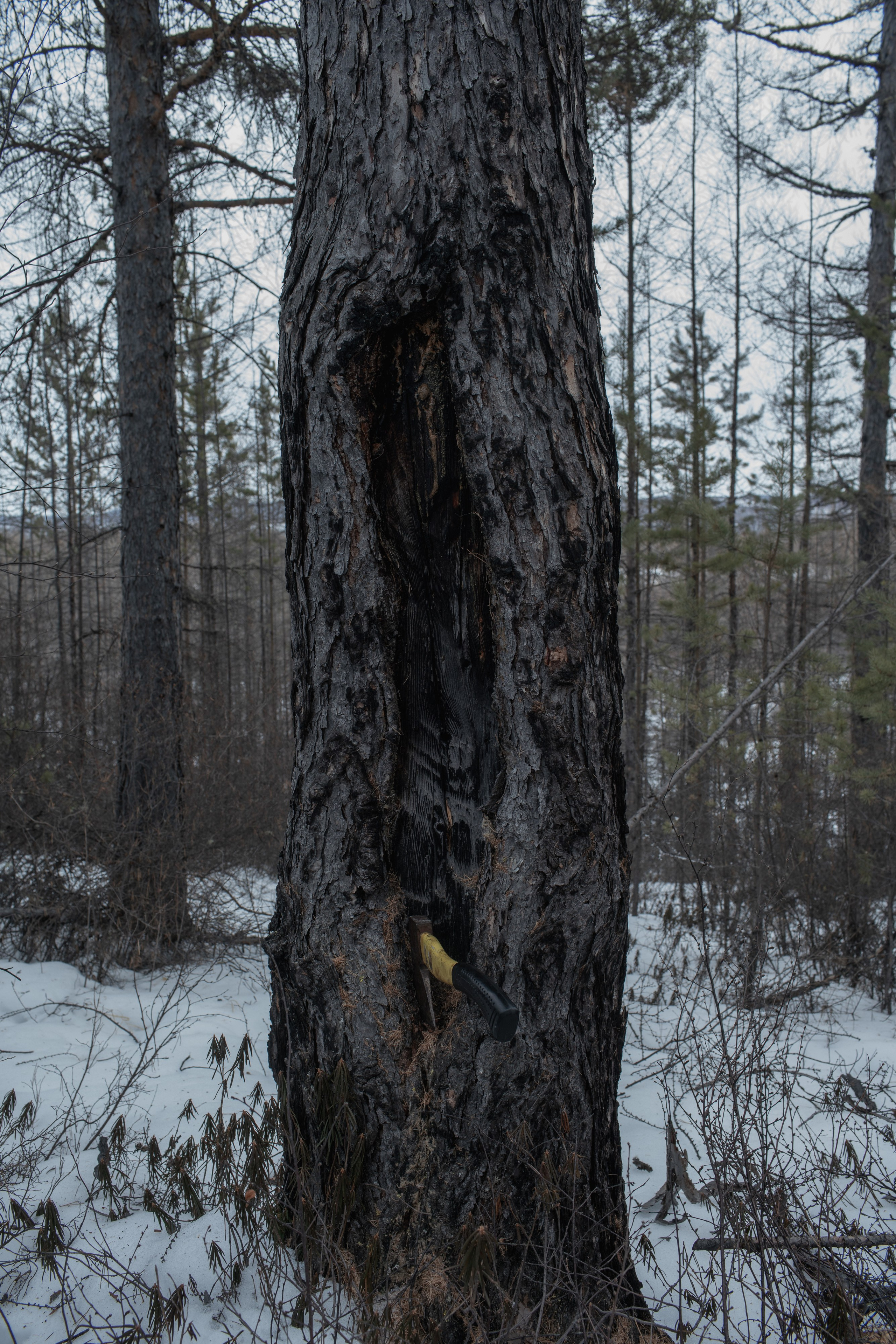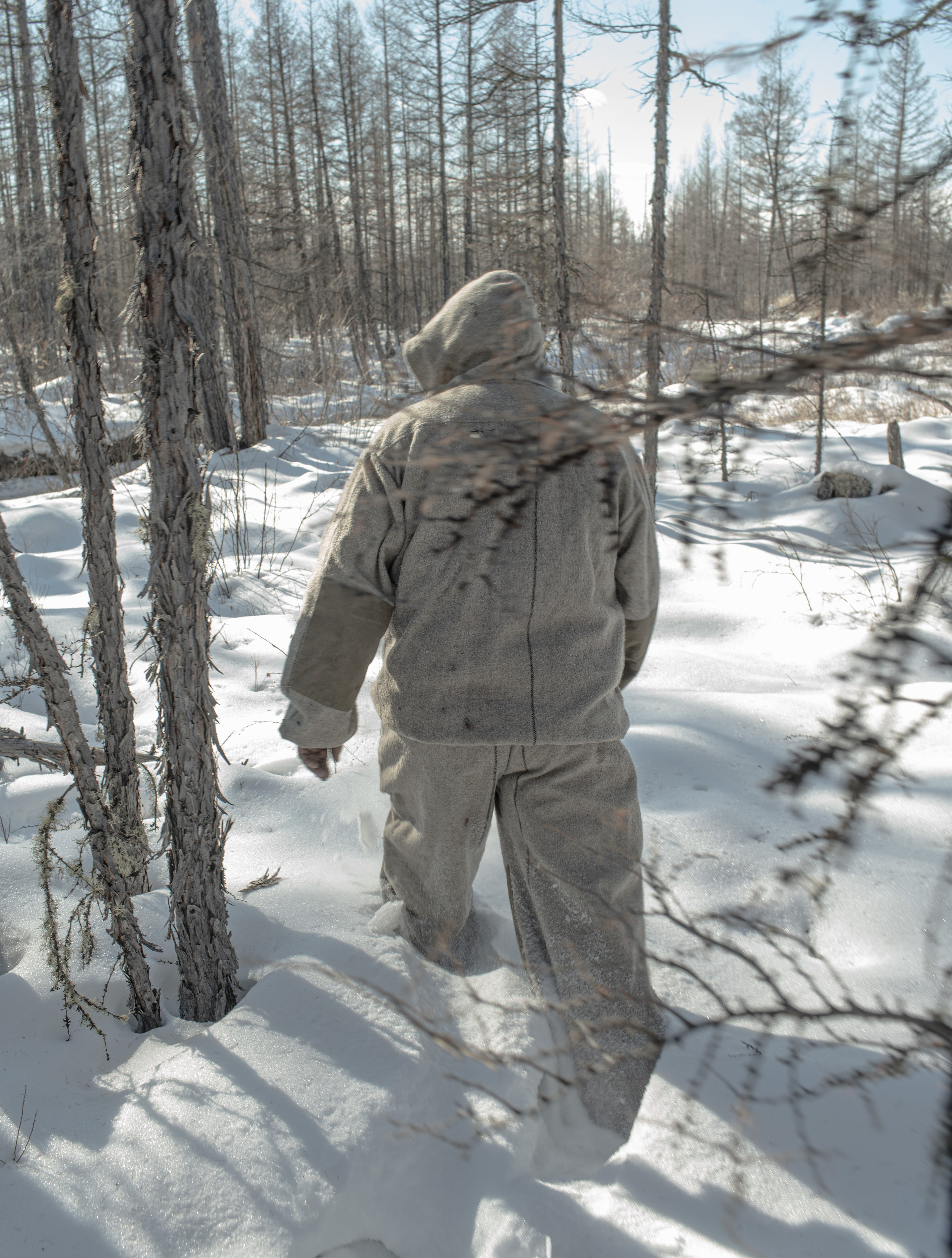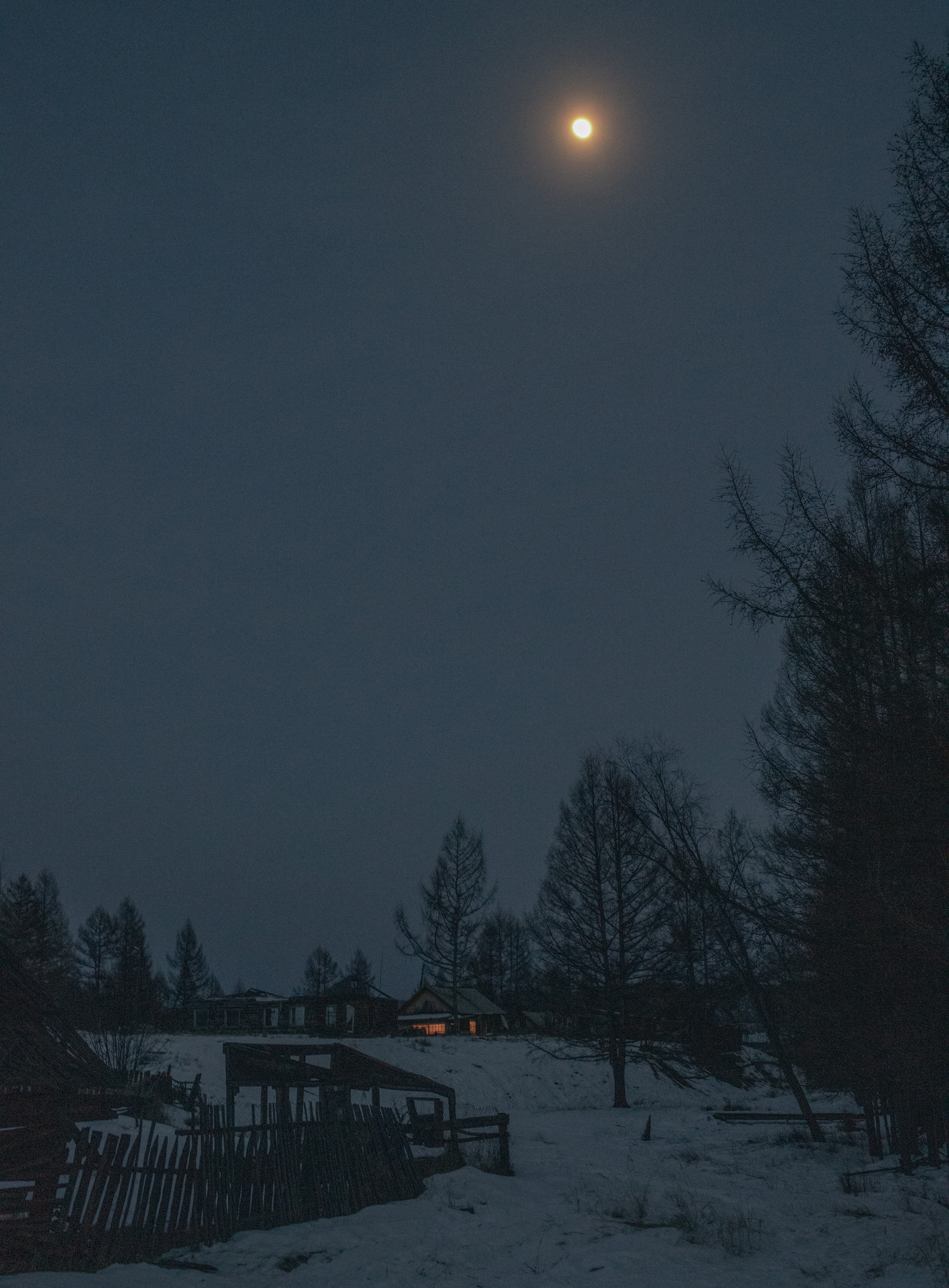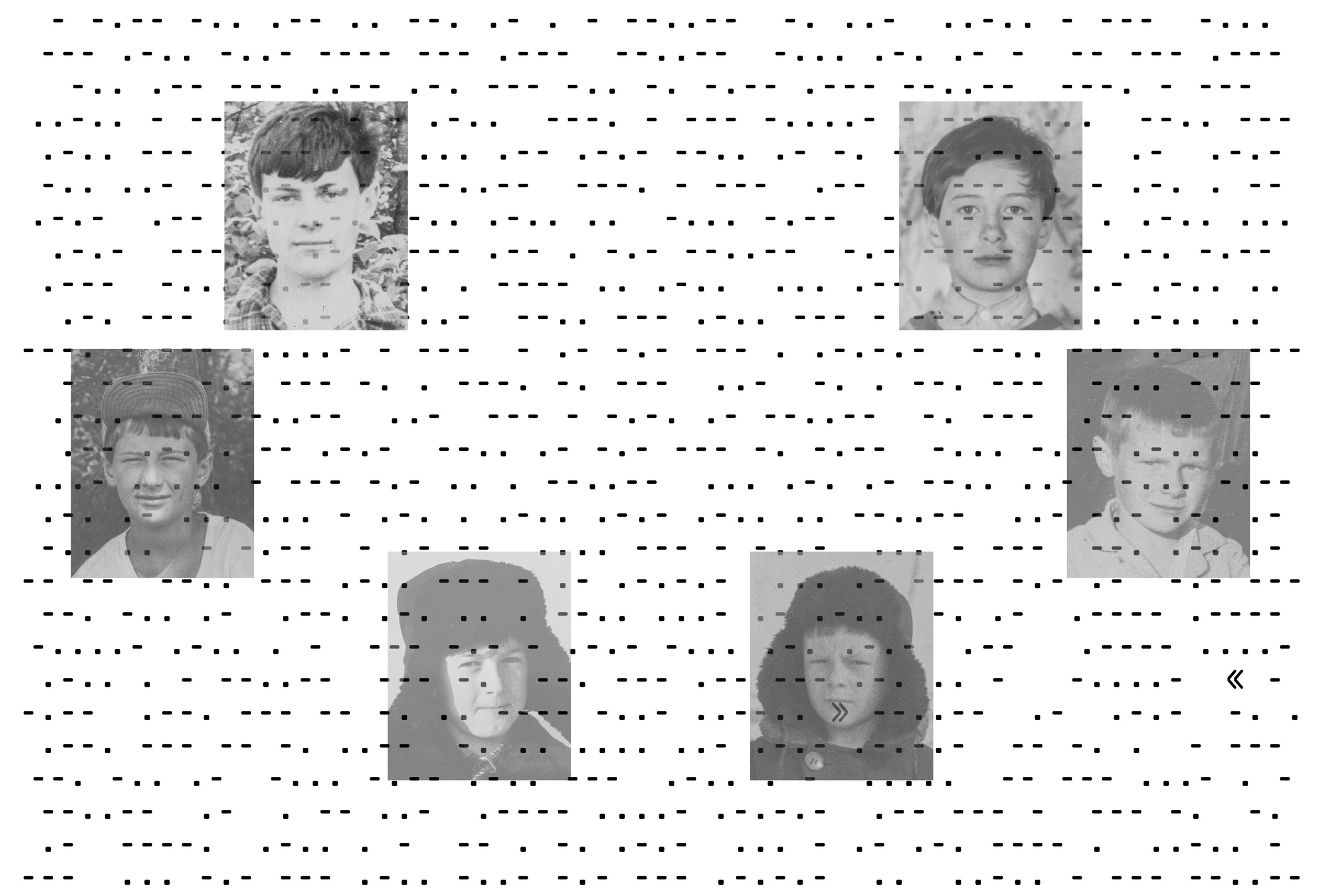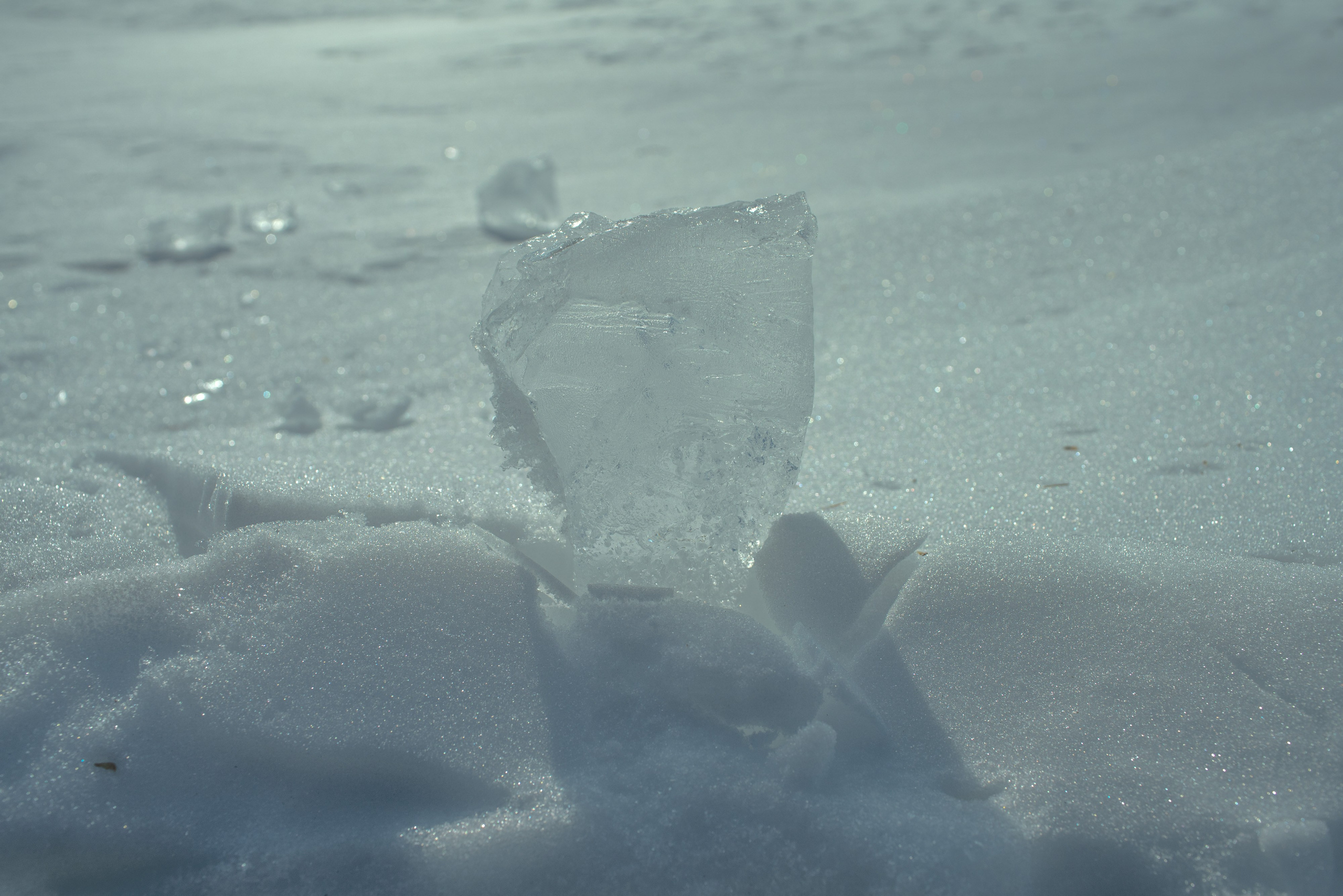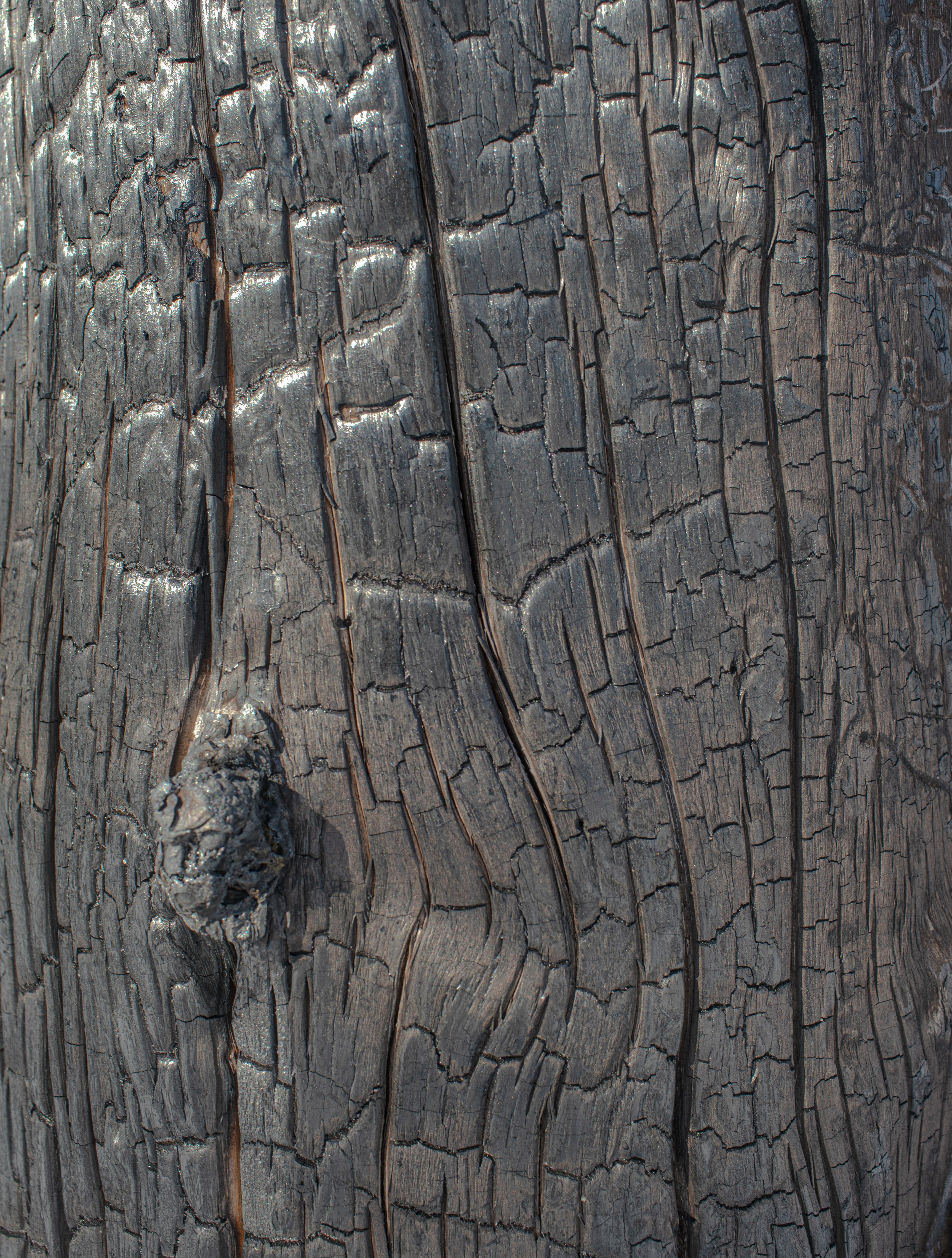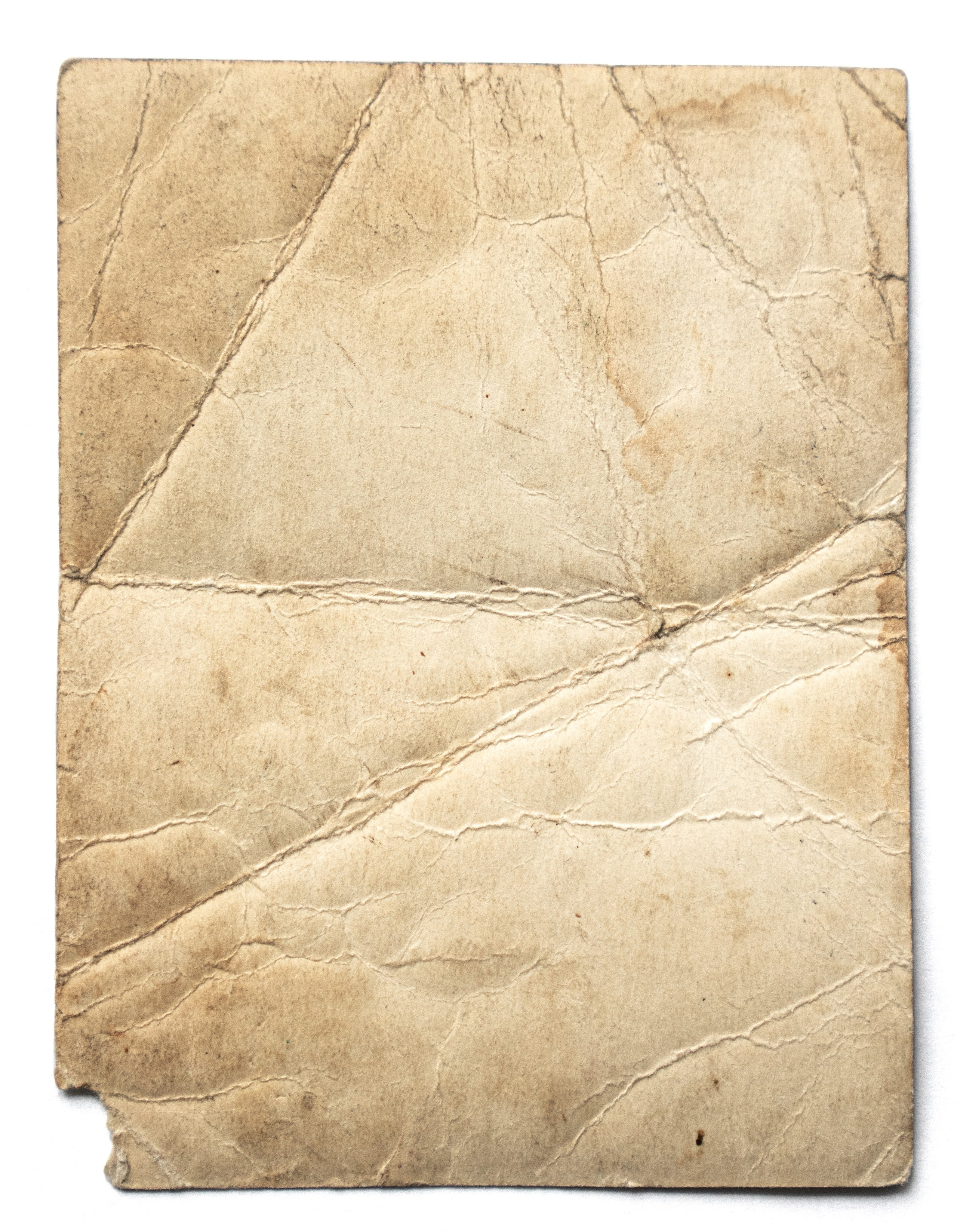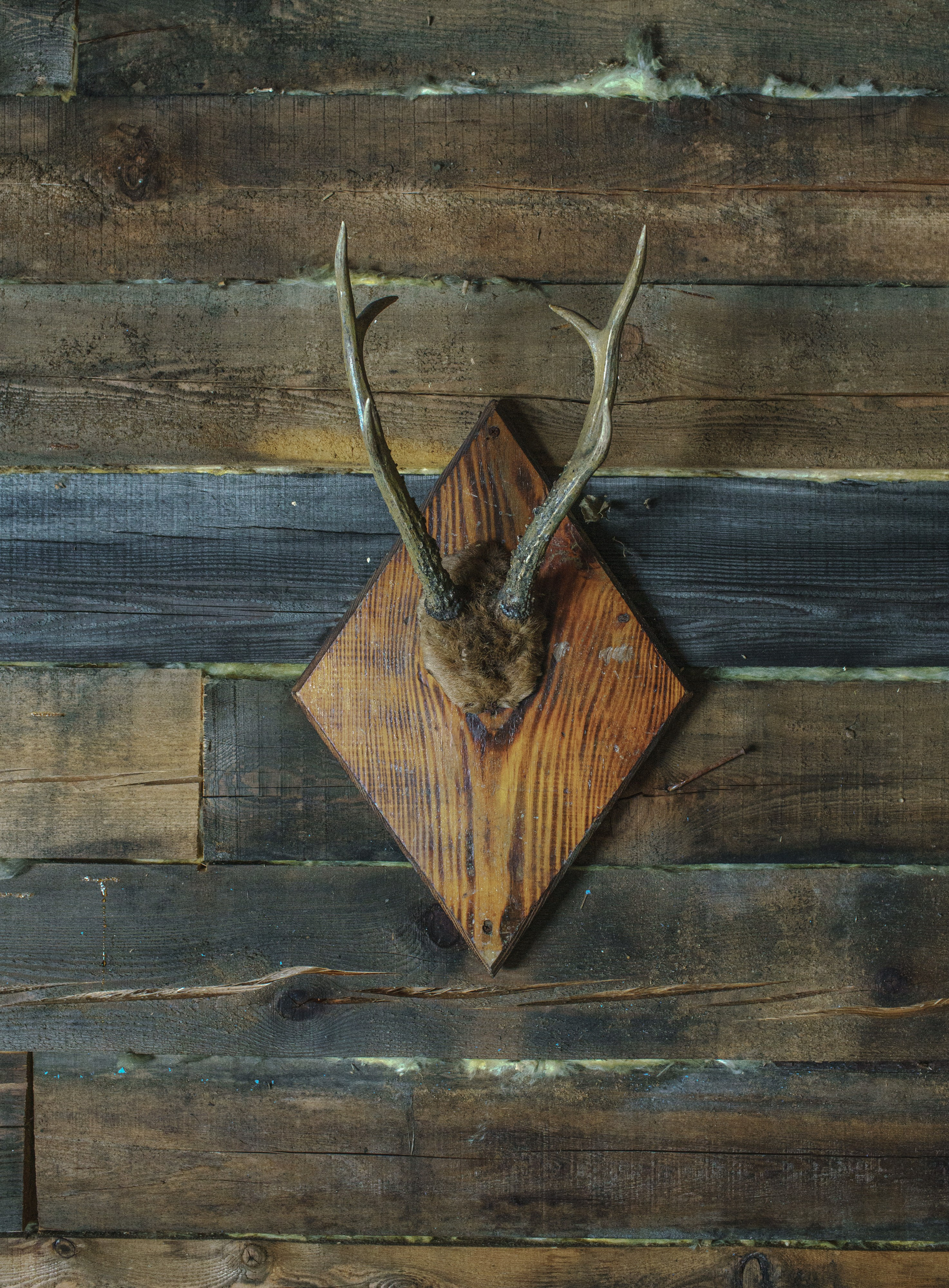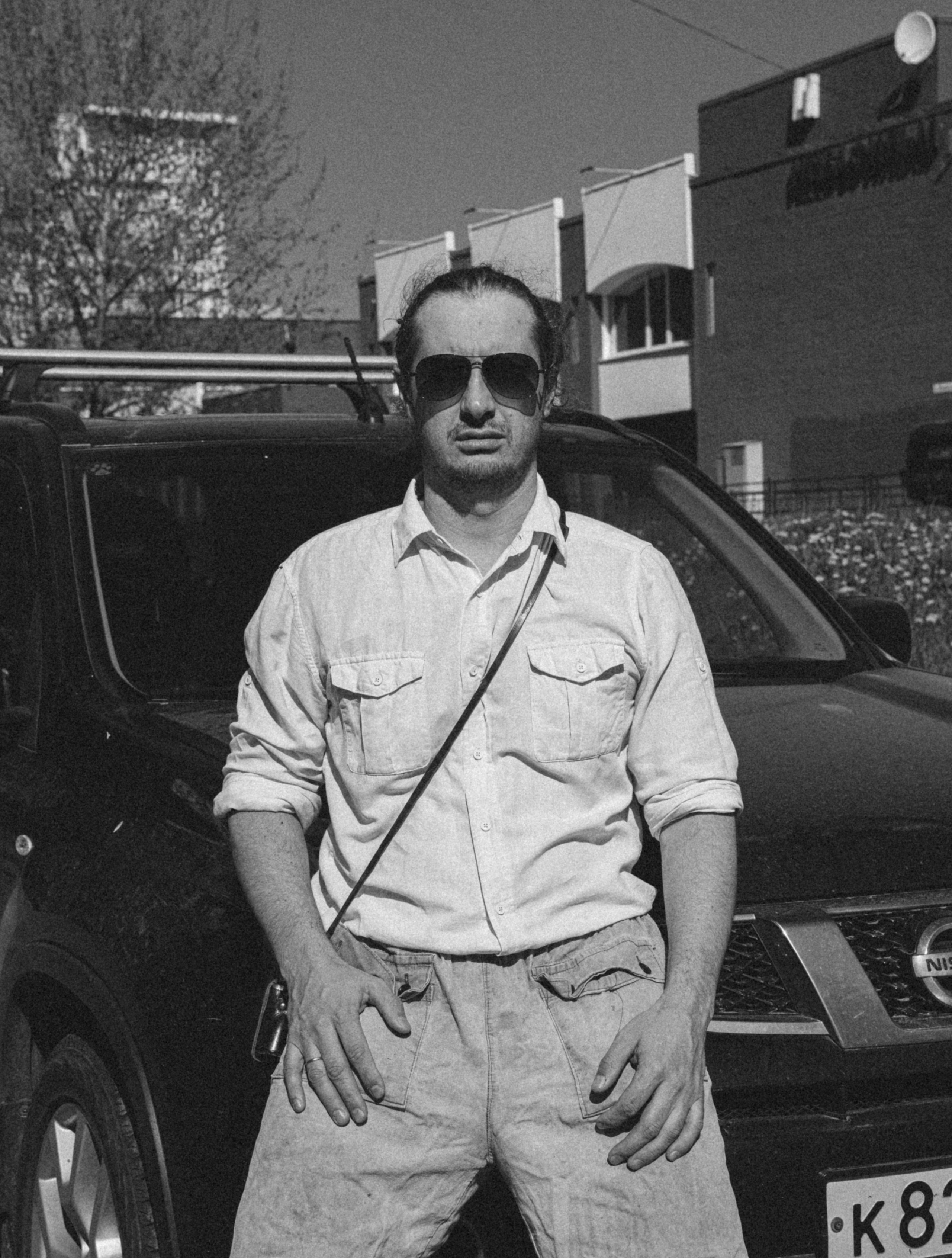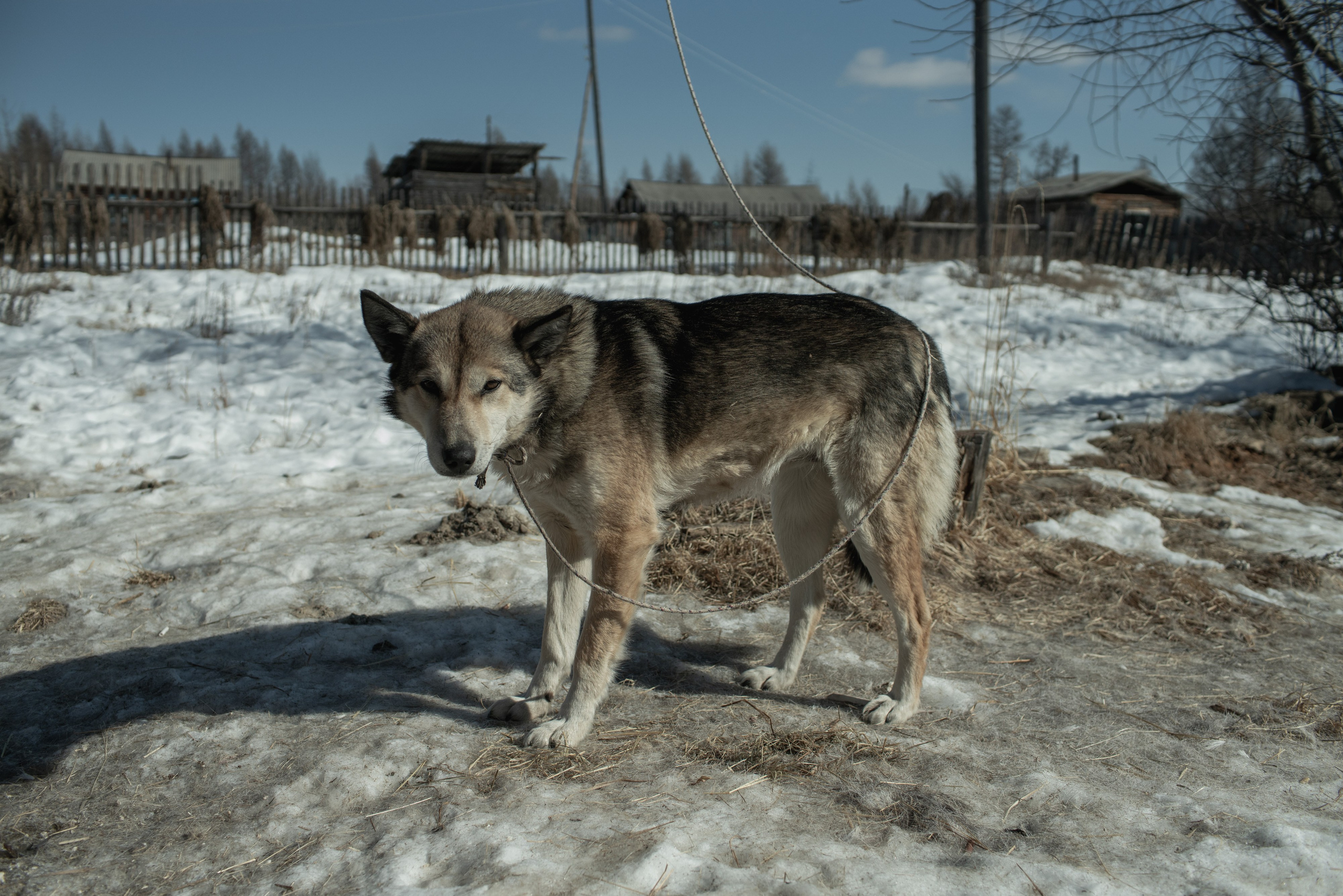MOKLA
In March 1966, a shot rang out in a remote taiga village. The radio operator of the weather station killed himself with a hunting rifle, leaving his wife and three children behind. That man was my grandfather. He worked as part of a geological expedition exploring the gold-bearing territories of Transbaikalia. I found his photo portrait in the family archive when I was still a child. Then I did not dare to ask who it was for a long time. The photo shows a man in radio telephones at work. The photo looked like a newspaper illustration of an article about heroes of socialist labor or a shot from a movie of that era. It later turned out that this photo accompanied a congratulatory letter to a newborn daughter in a neighborhood newspaper in 1964. In March 2019, my father and I traveled to that very village to find my grandfather’s grave and put up a monument. My father had not been there since childhood, but he always remembered those years as a period of freedom, kindness and happiness, suddenly cut short at the age of seven. My grandmother had to work hard, and my father lived in a boarding school for a while. Almost 60 years later, he returned, as if striving to become that carefree kid with a small rifle, running through the taiga. My grandfather’s story haunted me all my life, but I learned very little: my grandmother did not want to talk about the tragedy, my father and other relatives knew little. At first I heard only about his death, but later I learned the truth. Silence, fear of saying too much and unspoken tragedies are a heavy legacy of our people. The question of the cause of this tragedy remains unanswered. This trauma is ingrained in our family’s legacy. Photographs without context leave room for reflection and personal interpretations. This project, my and my father’s living of the two days during which we traveled back in time. I recorded his memories on a tape recorder and later transcribed everything and asked him to write down some scraps with his hand. Together we traveled many kilometers along the taiga winter road and the same number of kilometers along the frozen Mokla River. Later, looking at the photos, listening to the recordings I constructed images using objects from that era, trying to fill in the gaps of memory. It was as if I wanted to relive that moment myself, to understand what made my grandfather do that.



